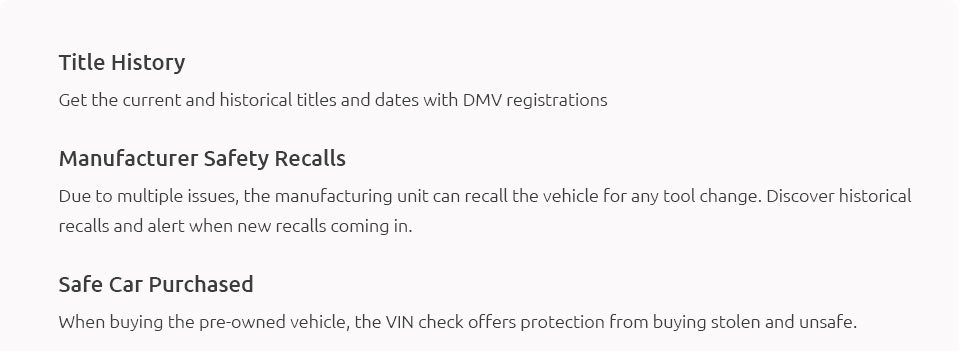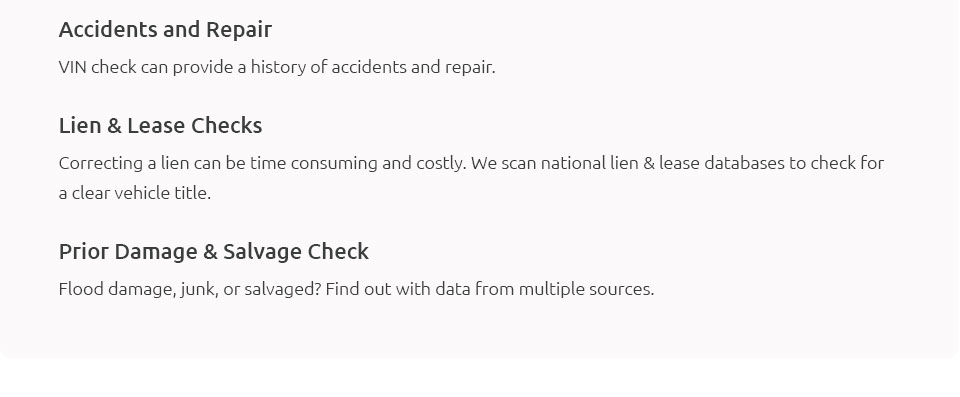 |
 |
 |
 |
 |
||
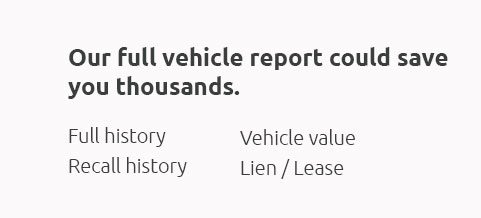 |
 |
|
 |
 |
|
 |
 |
 |
 |
||
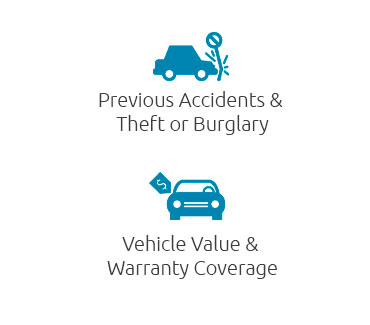 |
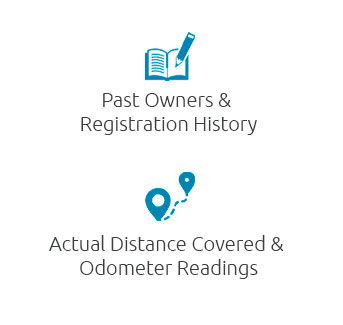 |
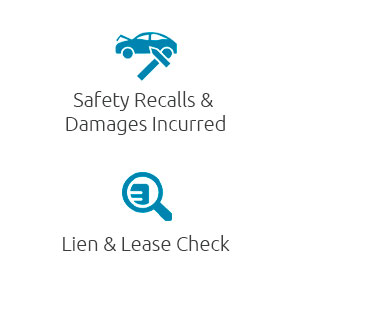 |
 |
 |
 |
||||
|
||||
 |
 |
Understanding the Power of Checking Car Details with a VINThe Vehicle Identification Number, or VIN, is akin to a car's fingerprint, a unique code that holds a wealth of information about the vehicle's history, specifications, and more. While many may overlook this alphanumeric string, savvy car buyers and owners recognize its importance in making informed decisions. In this article, we delve into the intricacies of using a VIN to check car details, offering expert tips and advice for navigating this crucial aspect of vehicle ownership. To begin, it is essential to understand what a VIN is and why it matters. Comprised of 17 characters, this identifier is assigned to every vehicle upon manufacture and remains with it throughout its life. By utilizing resources like vin details lookup, one can access a plethora of data, from the car's original features to its accident history. This transparency is invaluable, especially when purchasing a used vehicle, as it can reveal potential red flags that might not be immediately apparent. Moreover, each section of the VIN holds specific information. The first three characters, known as the World Manufacturer Identifier, denote the vehicle's manufacturer and country of origin. Subsequent segments provide insights into the model, body type, engine size, and more, making it a comprehensive record of the vehicle's build. For instance, those interested in specific brands can benefit from specialized tools like the mitsubishi vin number lookup, which tailors the search to brand-specific information. Using the VIN effectively requires knowing where to look. While there are free options available, they often provide limited information. Comprehensive reports, available through reputable services, can include title records, odometer readings, and even service records, offering a 360-degree view of the vehicle's past. It's worth noting that investing in a detailed report can save thousands by highlighting issues such as rolled-back odometers or undisclosed damage.
In conclusion, the VIN is a powerful tool for any car enthusiast or potential buyer, offering a gateway into a vehicle's true story. By leveraging the insights gained from a VIN check, individuals can protect themselves from unforeseen issues and make confident, informed decisions. Whether you're buying, selling, or simply curious about your own car, understanding how to decode and use the VIN is an indispensable skill in today's automotive landscape. https://www.nhtsa.gov/vin-decoder
NHTSA's VIN decoder is publicly accessible at: https://vpic.nhtsa.dot.gov/decoder/. Using NHTSA's VIN Decoder to Identify a Vehicle's Plant of Manufacture. https://www.nicb.org/vincheck
NMVTIS logo. An additional source for vehicle history data can be found on the National Motor Vehicle Titling Information System (NMVTIS) website. - ClearVin ... https://www.fordpro.com/en-us/fleet-vehicles/vin-decoder-and-guides/
Use Ford Pro's VIN decoder to learn vital information about vehicles purchased for business fleets. Perform a VIN Lookup for vehicle history, recall ...
|

